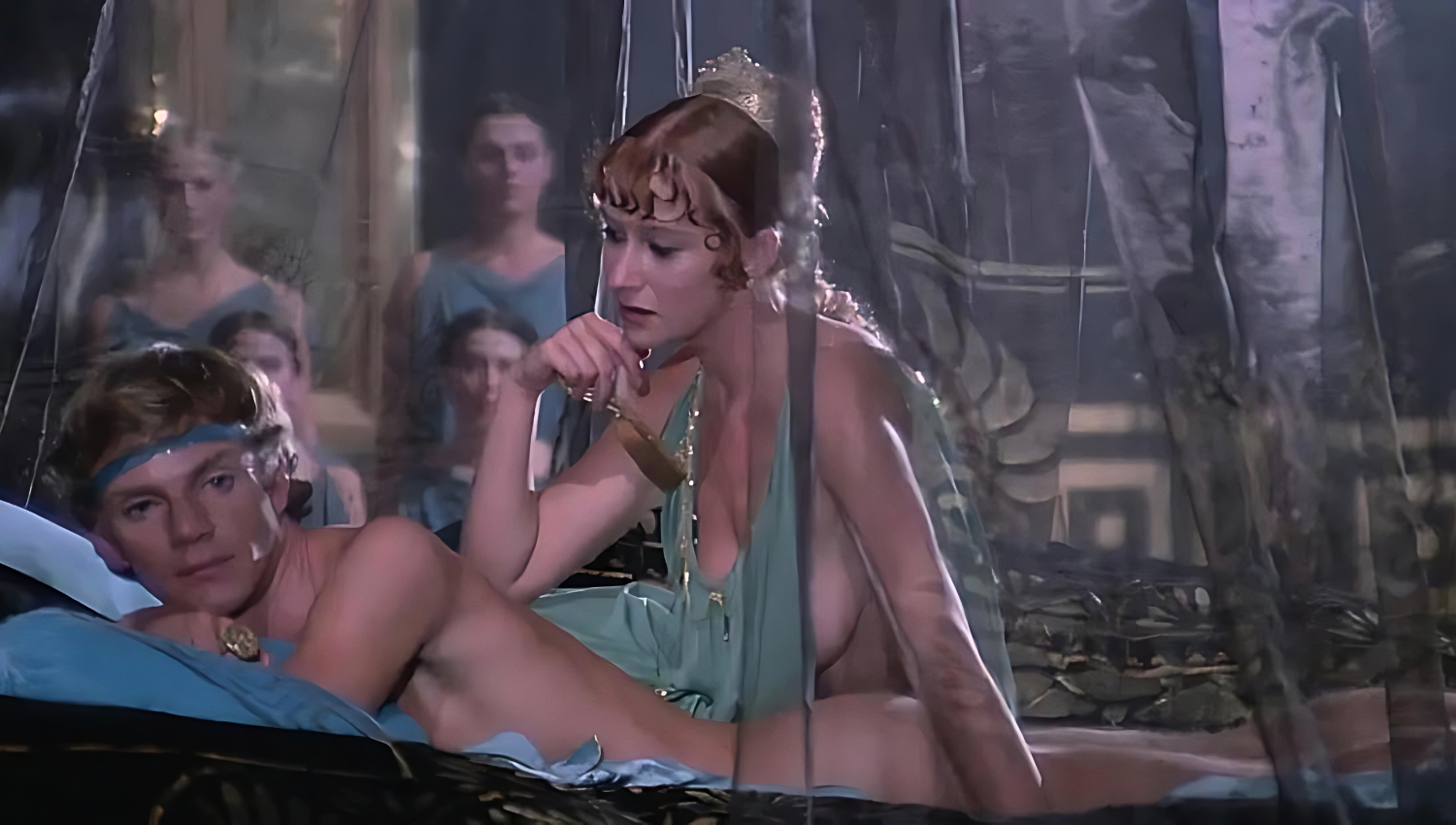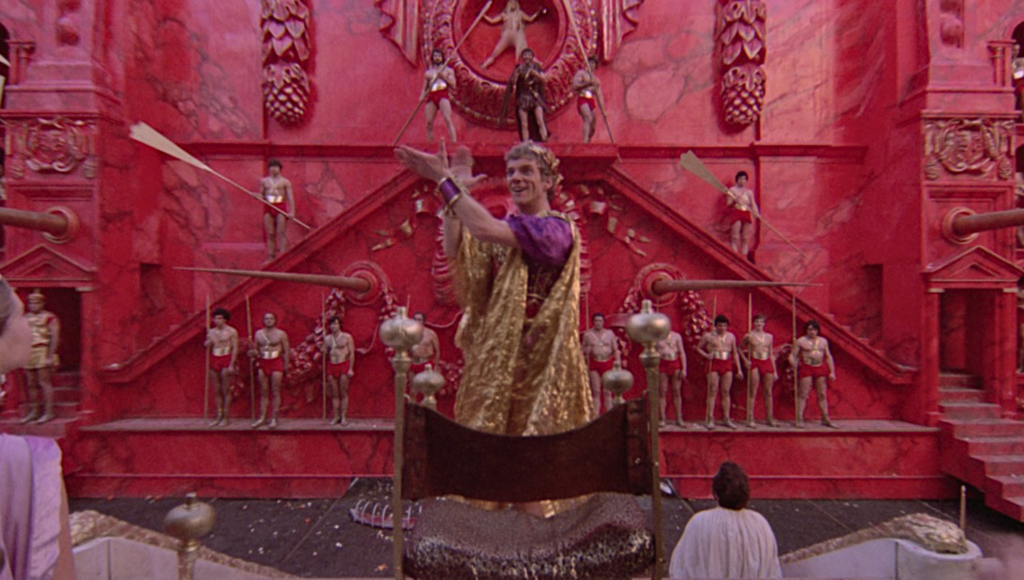
Caligula: The Ultimate Cut
James Brown
“Caligula: The Ultimate Cut” is a film that arrives with the weight of both controversy and anticipation. Initially directed by Tinto Brass, who had his name removed after producer Bob Guccione of Penthouse fame took the original cut and inserted graphic scenes of unsimulated sex and gratuitous violence. Despite this, the 1979 version was one of the top 25 grossing films of 1980 and made millions more in video releases. This 2023 “Ultimate Cut” attempts to reframe the original material with a more cohesive narrative while removing the gratuitous explicit sex that marred its reputation. But does it succeed in redeeming a film that has been reviled and misunderstood for decades?
At its core, “Caligula” is a film about power and the corruption it inevitably breeds. Based on the rise and fall of the Roman Emperor Caligula, the story is a descent into the excesses of absolute power, depicting a man consumed by his limitless authority. Malcolm McDowell‘s performance as Caligula is a testament to the film’s enduring strengths. His portrayal is chilling and mesmerizing, capturing the madness and vulnerability of a man ruler who is given absolute power over most of the known world. McDowell’s Caligula is unpredictable, swinging between charismatic charm and violent outbursts, embodying the dangerous allure of unchecked power.
“The Ultimate Cut,” reconstructed from original footage by film historian Thomas Negovan, makes a commendable effort to streamline the narrative. It focuses more on Caligula’s psychological disintegration and less on the shock value that defined the original release. Gone are the most egregious pornographic inserts, replaced by scenes that, while still explicit, serve a more straightforward narrative purpose. These changes help the film maintain a more consistent tone, though they do little to address the underlying flaws of the original production.
"McDowell's Caligula is unpredictable, swinging between charismatic charm and violent outbursts, embodying the dangerous allure of unchecked power."
One of the most significant issues with “Caligula” is its chaotic identity. It is a film torn between high art and base exploitation, between historical epic and erotic spectacle. Even in this revised version, the film struggles intensely to reconcile these conflicting impulses. The result is a work that feels fragmented, its artistic aspirations constantly undermined by its more lurid tendencies. “The Ultimate Cut” smooths some of these rough edges, but it cannot fully transcend the limitations of the source material.
Visually, the film remains a spectacle. The production design is lavish, recreating some of the opulence and decadence of ancient Rome. The sets, costumes, and cinematography all create a sense of immersive grandeur. However, this grandeur sometimes feels hollow, more a reflection of excess than a meaningful exploration. This dichotomy between surface beauty and narrative emptiness symbolizes the film’s broader struggles.
The supporting cast, including Sir John Gielgud as Nerva, Peter O’Toole as the ailing Emperor Tiberius, and Dame Helen Mirren as Caligula’s wife, Caesonia, were no doubt attracted to the project by Gore Vidal‘s original screenplay. All of them would distance themselves from the 1979 release, including Vidal himself, who sued to remove his name from the credits. Their performances range from the inspired to the merely serviceable. O’Toole’s Tiberius, in particular, is a grotesque figure, his decaying body a metaphor for the rot at the heart of the empire. Mirren’s Caesonia, on the other hand, is underused, her character serving more as an accessory than as a fully realized figure in her own right. She still brings out the best in McDowell in the scenes they share.
Ultimately, “Caligula: The Ultimate Cut” is an intriguing attempt to rehabilitate a film from vulgar to sublime. It offers moments of brilliance, Gielgud’s cameo and Helen Mirren’s performance, chief among them—but it remains hamstrung by its origins. For all its visual splendor and narrative ambition,” “Caligula” is still a film that is very much of its own time, a work that, in its originally intended form, might have become a cult classic. Today, it may still hold some appeal for cinema buffs, but it is unlikely to win over many new converts.
Final Thought
Despite the film's continued struggles with its conflicting identity and underlying flaws, "Caligula: The Ultimate Cut" is an important film that successfully portrays the theme of power and its corrupting influence.

